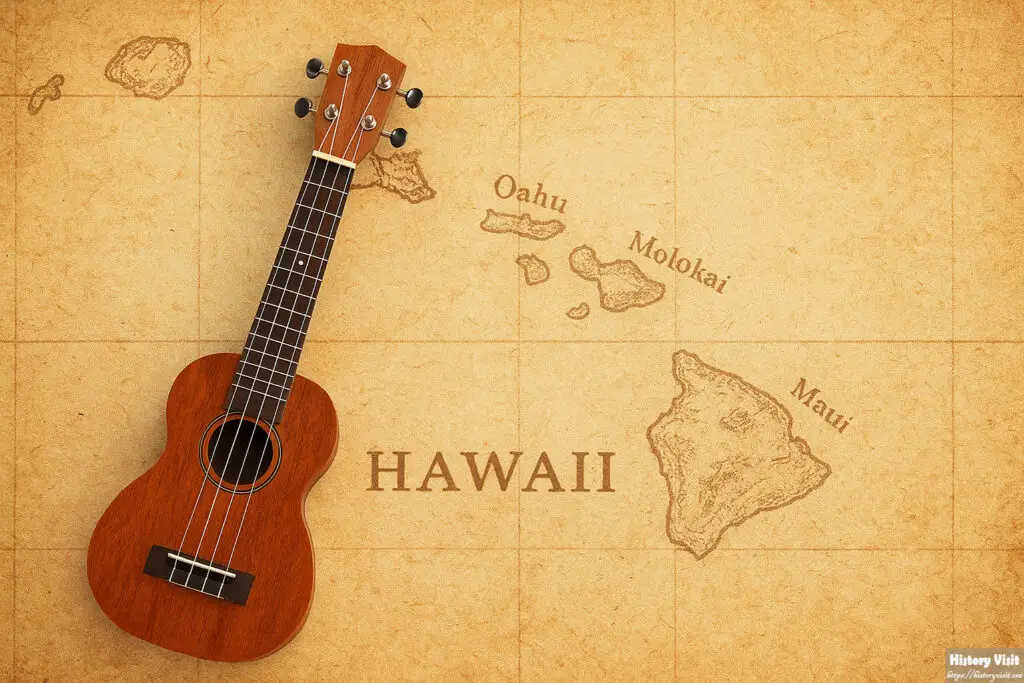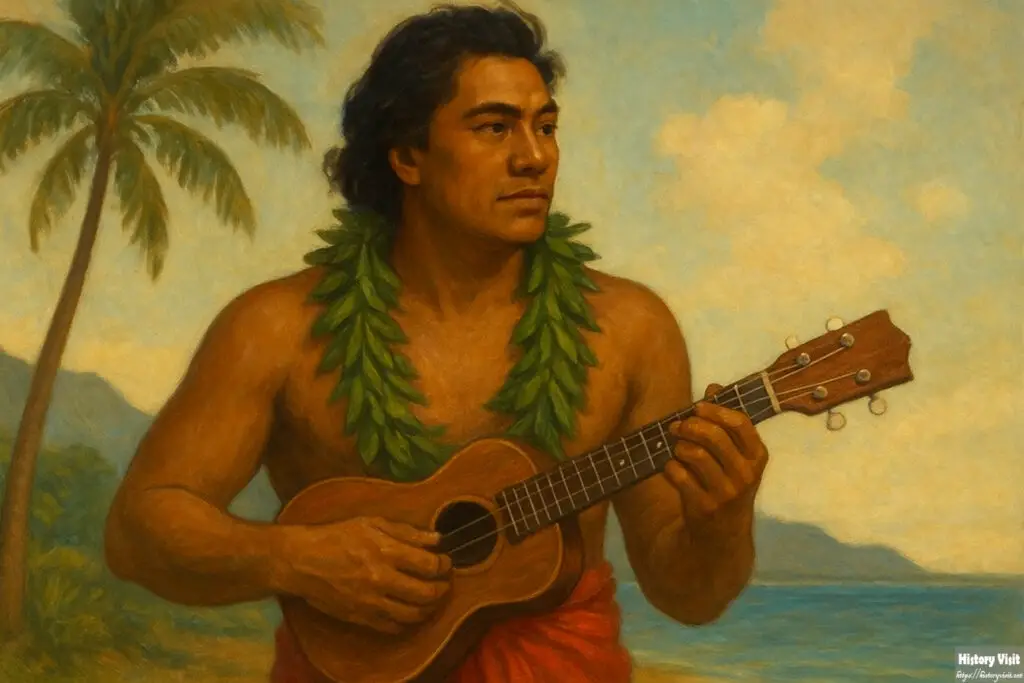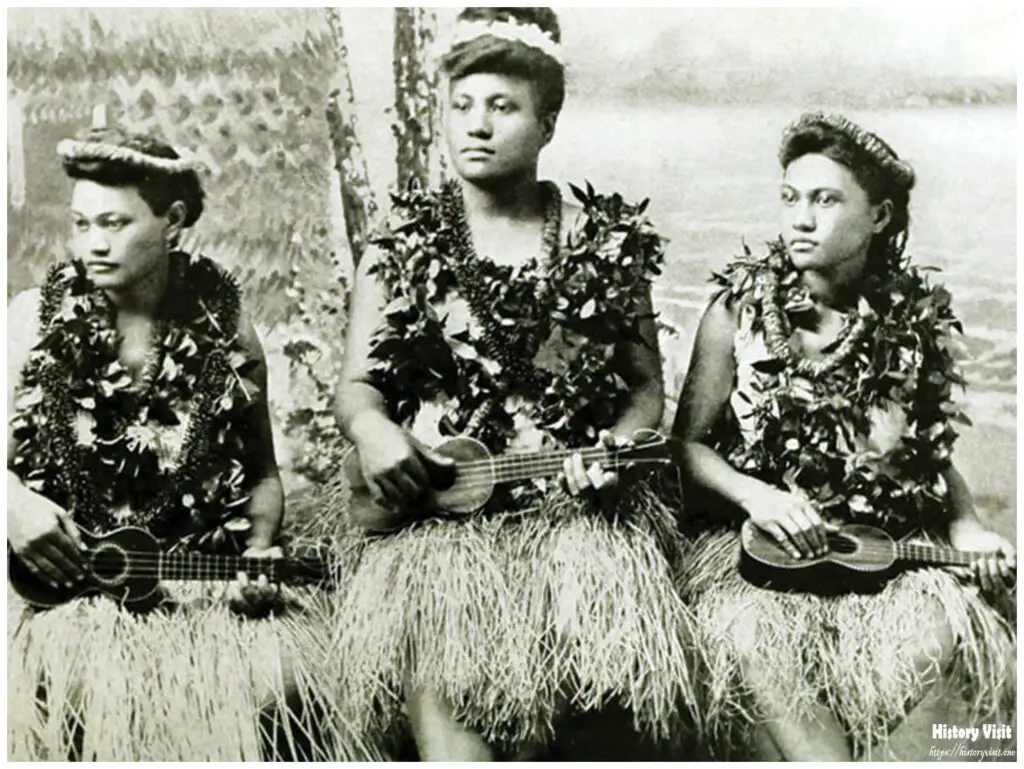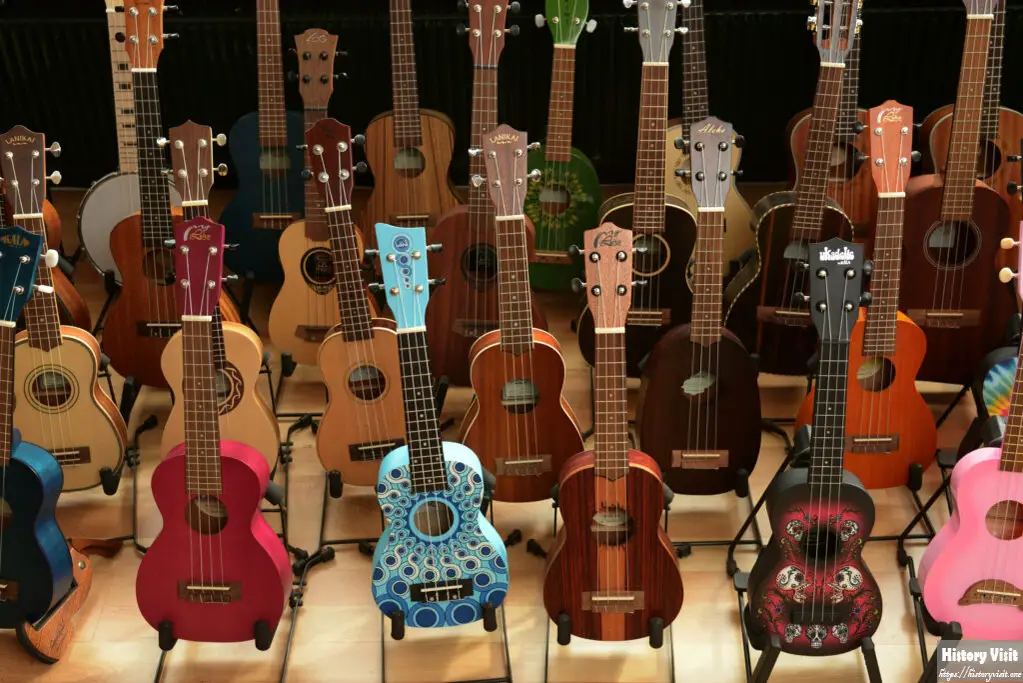Ukulele History: From Hawaii to the World

Introduction
Ukulele history is full of charm and culture. The instrument is tied deeply to Hawaiian roots. Its journey reflects music, identity, and joy across the world.
The ukulele began as more than music. It carried culture and community within its strings. As time passed, ukulele history revealed how sound shaped bonds and memories.
The story of the ukulele is global. It connects Portugal, Hawaii, and modern music. Its history shows how small things can hold great meaning.
Origins of Ukulele

Ukulele history began in the 19th century. Portuguese immigrants brought small stringed instruments to Hawaii. These instruments included the machete and cavaquinho.
The Hawaiian people embraced these sounds. They admired the lively tone and compact design. Soon, the instrument adapted into a unique Hawaiian style.
The name “ukulele” meant “jumping flea.” It described the quick finger movements when strumming. This unique name became an identity tied to both Hawaii and its music.
Early ukulele history shows strong ties to cultural exchange. Hawaii became the bridge where European sound met island rhythm.
Ukulele History in Hawaiian Culture

Hawaiian royalty supported ukulele history. King Kalākaua promoted the instrument during his reign. He encouraged performances at royal gatherings and festivals.
The ukulele became linked with hula and dance. Its music added rhythm, joy, and life to cultural ceremonies. This connection kept Hawaiian traditions alive.
Ukulele history also reflects pride. Hawaiians embraced the instrument as part of their identity. It became more than a foreign import; it became a Hawaiian voice.
By the late 1800s, the ukulele spread across Hawaiian islands. It symbolized unity, creativity, and heritage for the local people.
Spread of Ukulele Beyond Hawaii
Ukulele history expanded in the early 20th century. Visitors to Hawaii fell in love with its sound. They brought the instrument back to the mainland United States.
The 1915 Panama-Pacific International Exposition in San Francisco showcased the ukulele. The world heard Hawaiian music on a global stage. This moment launched the ukulele craze.
Music publishers printed sheet music featuring ukulele chords. Sales of the instrument soared. It became a popular choice for students, performers, and casual musicians.
Ukulele history shows how quickly sound travels. Hawaii’s gift soon became part of American and global culture.
Ukulele in the Jazz Age
The 1920s jazz age gave ukulele history new energy. Its cheerful sound matched the lively era. People loved how easy it was to carry and play.
Universities promoted the ukulele as a student’s instrument. It became trendy across American campuses. Many young people learned to strum popular songs.
Recording artists used the ukulele in their work. Its sound blended with jazz and dance music. Audiences embraced its playful character.
This period marked a golden age. Ukulele history became tied to innovation, freedom, and fun.
Decline and Revival in Ukulele History
After the 1940s, ukulele history saw decline. New instruments and genres overshadowed it. Guitars and electric sounds became more popular.
The ukulele was sometimes dismissed as a novelty. Toy versions made it seem less serious. Its role in professional music faded.
Yet revival began in the late 20th century. Hawaiian artists and cultural movements restored its value. Musicians worldwide rediscovered its charm.
Ukulele history shows cycles of rise, fall, and rebirth. Its survival proves its enduring spirit.
Ukulele in Modern Music

Today, ukulele continues to grow. Pop, indie, and folk musicians embrace it. Its sweet tone suits many modern songs.
Artists like Israel Kamakawiwoʻole revived global interest. His famous version of “Somewhere Over the Rainbow” highlighted its beauty. This recording inspired millions.
Social media also helped. Tutorials, covers, and performances spread ukulele culture. The instrument reached new audiences across the globe.
Ukulele history proves adaptability. From Hawaiian roots to viral videos, it remains a symbol of joy.
Cultural Significance in Ukulele
Ukulele history carries deep meaning for Hawaii. It represents cultural pride and resilience. Hawaiians celebrate it as a voice of the islands.
It also symbolizes simplicity and happiness. The instrument is small, but its sound is big. It reminds people of warmth, community, and togetherness.
Ukulele history shows how music crosses borders. Cultures connect through rhythm and melody. The instrument became a bridge between worlds.
Even today, festivals honor the ukulele. Its history remains alive through performance and teaching.
Conclusion
Ukulele history is more than music. It is a journey from Portugal to Hawaii, and then the world. Its story reflects culture, pride, and joy.
The instrument has faced decline and revival. Yet it never disappeared. Ukulele history shows that music can endure. Its voice remains timeless and hopeful.
The ukulele continues to inspire. From royal halls to classrooms and concerts, it carries love and unity. Ukulele history is a melody that never fades.


